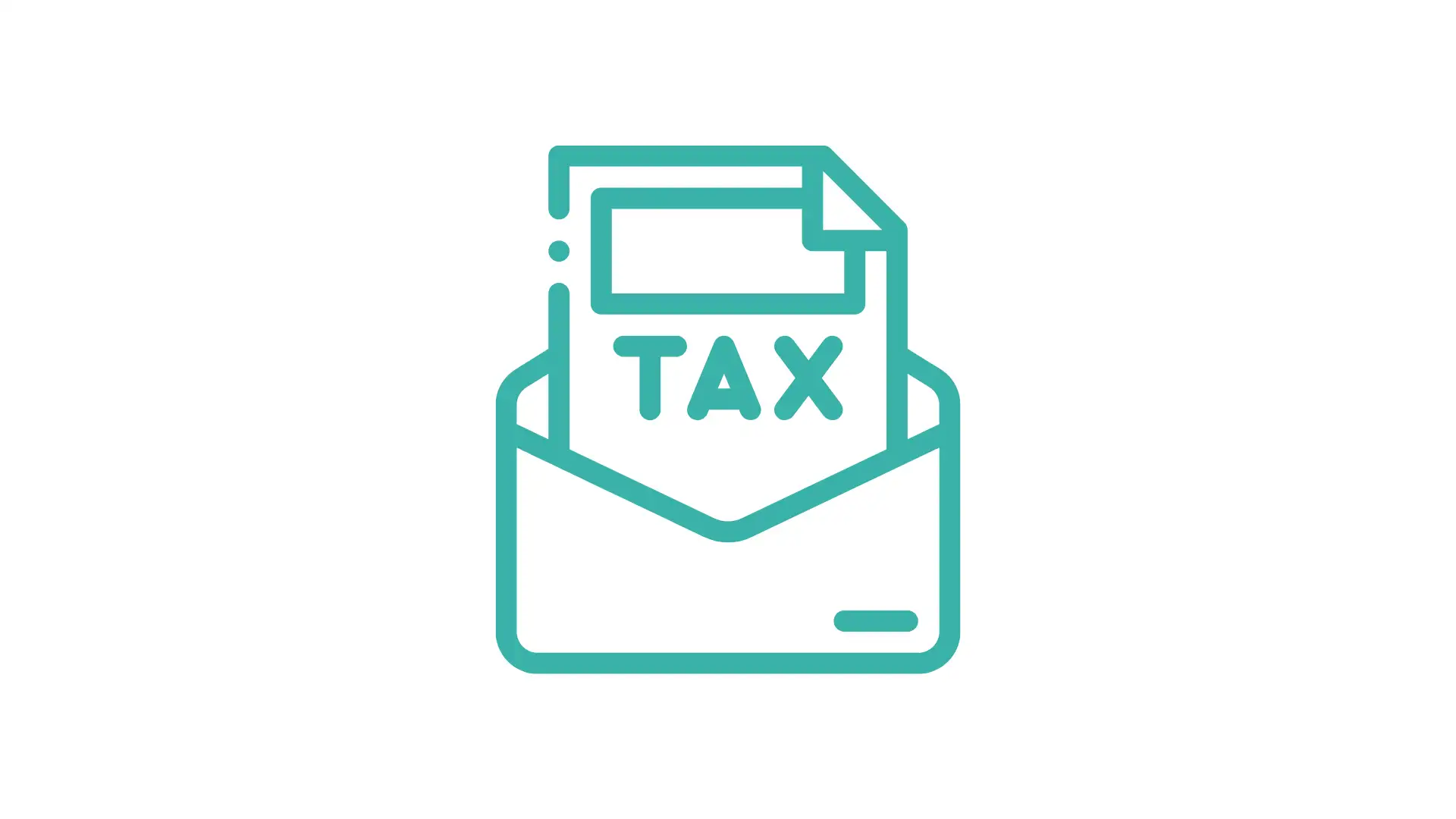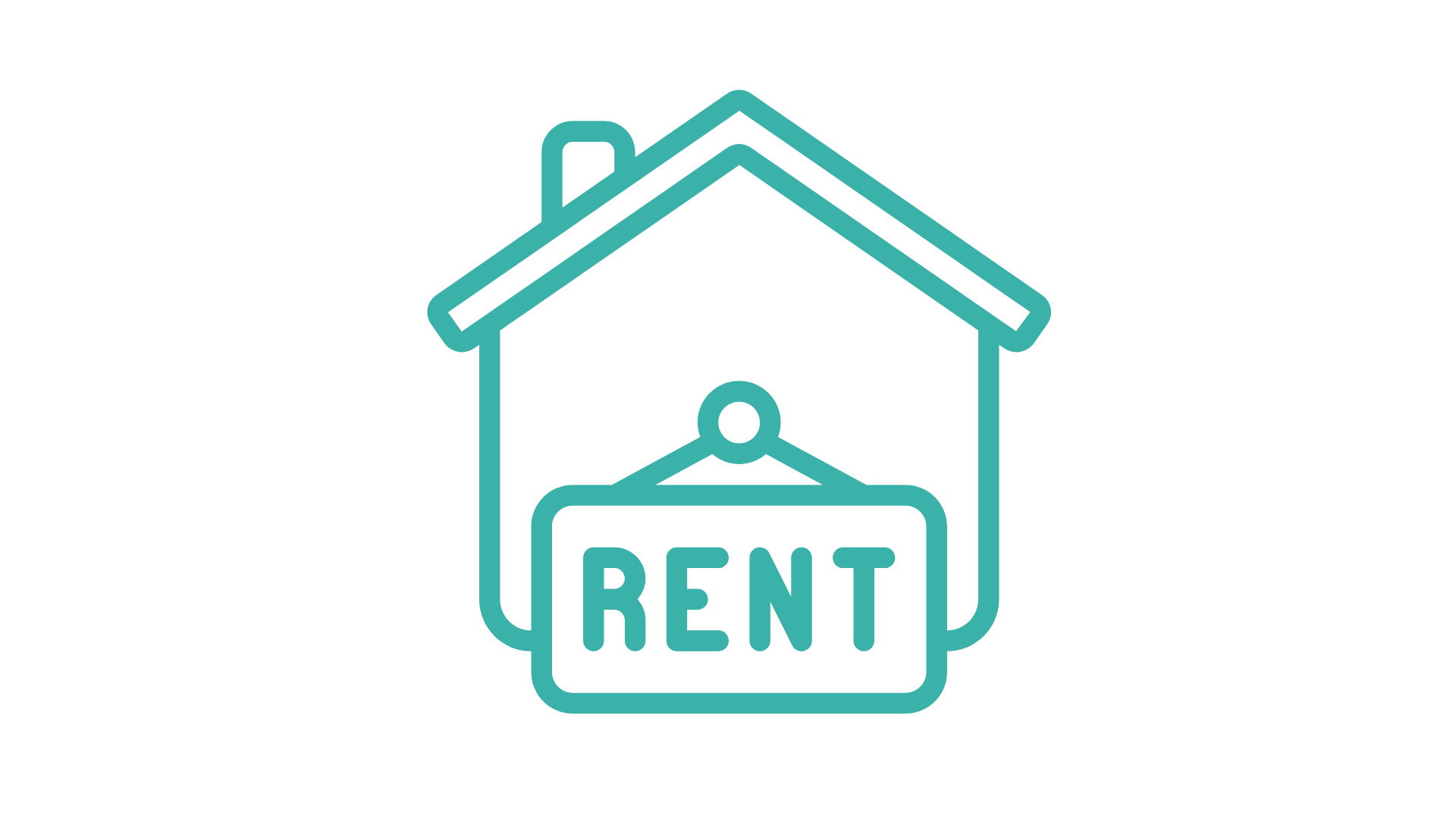Starting a sole proprietorship requires making many important decisions. One of them is the form of taxation, and new entrepreneurs can choose from three types: tax scale, flat tax or registered lump sum. The fourth form of taxation is the tax card, but from 2022 it can only be used by entrepreneurs taxed in this way before 2022. Let's look at the advantages and disadvantages of individual forms of business taxation.
Tax scale
The basic form of taxation of business activity is the tax scale, which allows for settlement on general principles. If you do not indicate another form of taxation, you will be taxed according to the tax scale. Income is subject to taxation under general rules, i.e. the difference between the revenues obtained and the costs of obtaining revenues.
[accounting_banner]
There are two tax rates:
- 12% for income up to PLN 120,000 per year,
- 32% from the surplus of over PLN 120,000.
Currently (2024) the tax-free amount is PLN 30,000 and it is from it that we calculate the amount reducing the tax: PLN 30,000 x 12% = PLN 3,600. For income up to PLN 120,000, the tax is: 12% minus PLN 3,600, while above PLN 120,000 the tax is PLN 10,800 + 32% surplus over PLN 120,000.
| Advantages of the tax scale | Disadvantages of the tax scale |
|---|---|
| a form of taxation available to every natural person running a sole proprietorship | 32% rate after exceeding PLN 120,000 of income |
| possibility of settling the costs of obtaining income | the need to keep a Book of Revenues and Expenditures (KPiR) |
| possibility of taxing income from different sources (but not all) in one return | no possibility of deducting health insurance premiums |
| many tax reliefs (e.g. child relief, relief for families 4+, internet relief) | health contribution in the amount of 9% of the contribution assessment basis |
| possibility of settlement with a spouse or on the terms for single parents | |
| tax-free amount of PLN 30,000 |
flat tax
The second form of taxation is a flat tax. In this case, we have one tax rate, which is 19%, so it does not matter what income you earn. Similarly to the tax scale income is subject to flat tax, so you can include company expenses in your tax-deductible costs. However, this form of taxation cannot be chosen by persons providing services to a former or current employer under an employment contract or cooperative employment relationship - you can do it only from the year following the tax year in which you worked for the former employer.
| Advantages of flat tax | Disadvantages of flat tax |
|---|---|
| one tax rate regardless of the amount of income | Income from business activity cannot be combined with income from other sources |
| no income and income limits | The flat tax is not available to entrepreneurs who provide services to a former or current employer |
| possibility of settling the costs of obtaining income | income from mandate contracts and employment contracts cannot be taxed at a flat rate |
| health contribution in the amount of 4.9% of the contribution assessment basis | You cannot settle accounts with your spouse or as a single parent |
| you cannot use the child tax relief (unless you also earn income taxed according to the tax scale) |
Lump sum on registered income
The registered lump sum is a simplified form of taxation in which the rates range from 2% to 17% and depend on the type of business activity. In a lump sum income is taxable, therefore company expenses cannot be included in tax-deductible costs. For this reason, flat-rate taxation is most often chosen by entrepreneurs who run a business as part of their business activity they do not generate high costs.
Exclusions from lump sum taxation on recorded revenues is regulated by Art. 8 of the Act on flat-rate income tax on certain income earned by natural persons. The exclusions include, among others: people who:
- in the same year they pay tax in the form of a tax card or benefit from periodic exemption from income tax,
- they wholly or partially generate income from running a pharmacy, from activities related to the purchase and sale of foreign exchange values or from activities related to trade in parts and accessories for motor vehicles,
- produce products subject to excise duty (except for the production of electricity from renewable energy sources).
| Advantages of a lump sum | Disadvantages of a lump sum |
|---|---|
| an easy way to determine the tax base | inability to settle the costs of obtaining income |
| possibility of keeping simplified records of income | inability to combine income from business activity with income from other sources |
| no need to keep a Book of Revenues and Expenses | revenue limit of EUR 2 million |
| the lump sum is unavailable to entrepreneurs who provide services to a former or current employer, as well as for specified activities that cannot be taxed with a lump sum | |
| You cannot settle accounts with your spouse or as a single parent | |
| you cannot use the child tax relief (unless you also earn income taxed according to the tax scale) |
Which form of taxation should I choose?
Choosing a form of taxation requires at least basic knowledge of tax law, which is why people who plan to start a company often do not know what will be best for them. In some cases, the preferred form of taxation is also impossible to choose, which makes the decision even more difficult.
If you need help with company registration and choosing the form of taxation, take advantage of our support. The Open Profit accounting office operates in 100% online, thanks to which our services are available without leaving home. We will explain incomprehensible issues, check whether there is a need to register for VAT, recognize the optimal income tax scenario, help in registering the company and check the correctness of the entry. Make arrangements online meeting and start a business without unnecessary stress!
FAQ
Is it possible to change the form of taxation?
Yes, the choice of the form of taxation is not binding, so you can make adjustments. However, it is not possible to change the form of taxation at any time - it must be done by the 20th day of the month following the month in which the first income was achieved in a given tax year (usually February 20). Entrepreneurs registered in CEIDG can change the form of taxation online on the website biznes.gov.pl.
Who must keep accounting books?
In the case of a sole proprietorship, keeping accounting books, i.e. the so-called full accounting, does not depend on the chosen form of taxation, but on revenues - accounting books must be kept after the net revenue exceeds EUR 2 million. All limited liability companies, joint-stock companies, limited partnerships and limited joint-stock companies are obliged to keep accounting books. A sole proprietorship with net revenues below EUR 2 million may also keep accounting books voluntarily.
What is the difference between a lump sum and a tax scale and a flat tax?
In the tax scale and flat tax, the subject of taxation is income, and in the lump sum taxation the subject of taxation is revenue. For this reason, entrepreneurs who choose a lump sum cannot include expenses in their tax-deductible costs.


